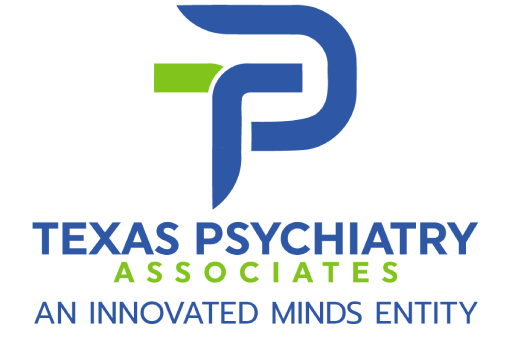What are Early Signs of Insomnia & How to Treat It
Insomnia shows up as an inability to fall asleep, stay asleep, or early morning awakenings. Insomnia can be caused by many different things, including stress, anxiety, medications, and health conditions. It is important to visit an insomnia treatment center near you for assistance.
Insomnia is a problem for millions of Americans., and it has been estimated that about 50 million people suffer from chronic insomnia.
The sleep disorder is one of the reasons for visiting counseling or a psychiatrist near you for assistance.
What Are the Types of Insomnia?
There are primarily two types of insomnia, and they are short-term and chronic insomnia.
Short-term or acute insomnia is a brief episode of difficulty in sleep. A stressful event causes it, and it can last three months. The symptoms may clear away as time passes and you learn to cope with stressful situations. But, keep in mind that it can progress to chronic insomnia.
Chronic insomnia is long-term characterized by the inability to sleep or stay asleep at least three nights a week, three months or longer. It is caused by a stressful situation, poor sleep hygiene, or mental health disorders.
It is crucial to visit a psychiatrist in Richardson for assistance if you are in stressful situations and cannot manage them.
What Are the Symptoms of Insomnia?
Insomnia symptoms include:
- Sleep disruption
If you have insomnia, you may fall asleep but wake up too early, awaken too often, feel confused, or have trouble falling back to sleep.
- Excessive Daytime Sleepiness
Insomnia can lead to excessive daytime sleepiness and stress. Although ESD and fatigue are often used interchangeably, they are different. People with ESD have tired and fall asleep during the day if they are in a passive situation.
- Grumpiness
Sleep deprivation causes irritability, a short temper, and vulnerability to stress. According to studies, even partial sleep has a significant effect on mood.
Who Is at Risk for Insomnia?
Anyone can get insomnia. There is no age, race, or gender difference. About one-third of adults have insomnia in any given year. Some people have chronic insomnia, which occurs in about 16% of adults. Others have insomnia for a few hours or days, and they are not bothered by it.
What Are the Causes?
Psychological factors are the most common causes of insomnia, and they include:
- Stress and anxiety.
A lot of people who experience insomnia have an anxious or stressed mind. This may be causing the problem, or it may result from the problem.
Furthermore, people with insomnia have higher levels of the stress hormone cortisol. This can make you feel tired and more likely to have trouble sleeping. And the more tired you are, the more likely you are to feel anxious.
Learning how o manage stress and anxiety can help improve and general quality of life. It is advisable to seek counseling services near you for assistance and techniques for managing stress.
- Poor sleep routine and sleeping environment
Poor sleep habits and a sleeping environment that doesn’t help you to relax can also contribute to insomnia. Also, when you’re physically and mentally exhausted, your brain doesn’t work as well as it should. It becomes harder for you to sleep.
- Mental health conditions
Insomnia is sometimes linked to mental health conditions, such as depression and anxiety. People with depression are more likely to experience insomnia. It is believed that this may be because of increased sensitivity to stress and anxiety.
They’re also less likely to have a good night’s sleep because of worries and concerns. You can get to depression clinics near you for treatment and ways to manage the problem.
What is the Insomnia Treatment?
Insomnia treatment in Richardson, TX, depends on its cause. For short-term insomnia, your doctor may suggest using treatments like antidepressants.
These drugs may help people with depression and anxiety gets to sleep and stay asleep. You should not take any medications without consulting your doctor.
- Vitamins & Supplements
Several natural supplements can help you with insomnia. Taking magnesium or melatonin may help you get to sleep. These supplements should not be used as a substitute for medical advice.
- Exercise & Fitness
Exercise can help improve your sleep and lower your risk of insomnia. Visit a health care center for fitness and stress management techniques and the best time to work out.
Schedule an Appointment
Call or visit Texas Psychiatry Associates for more information about insomnia and how you can manage it.

